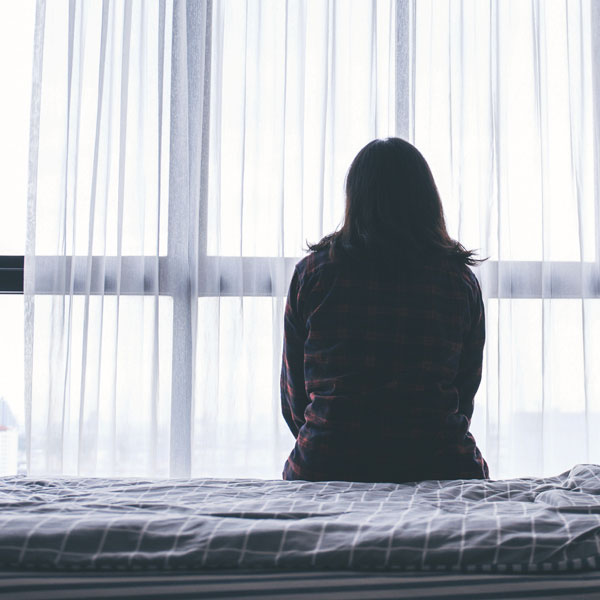I was 28 when the Air Force sent me to Air University at Maxwell Air Force Base in Montgomery, Alabama, to complete Chaplain Basic Training.
For three weeks, I was elbow-to-elbow with other young chaplain wannabes.
On my left sat the first of many chaplain priest friends. Yet from the beginning, Father Frank found me disturbing on two levels.

First, he couldn’t believe I didn’t drink. Second, he suggested, “A good drink could fix your akathisia.”
“What’s that?” I asked.
“Akathisia describes a complete inability to sit still.”
Within a few days, I was able to win Frank over without alcohol.
We shared laughs, giggled during lectures, passed notes and kicked each other under the table to keep quiet. I began to feel Catholic priests would likely go to heaven. He learned Baptist teetotalers could be fun.
The classmate seated to my right wasn’t as sociable. Bobby kept to himself, looking straight ahead, volunteering little more than name and religious denomination.
Finally, during a lecture on grief, Bobby dropped a bomb. He said, “I know you probably think I’ve seemed detached these past several days.”
A chorus of “No-duh” rippled through our student body.
“My mother died the day after we arrived.”
Suddenly, it became quiet enough to hear a chaplain cuss.
Our class said a prayer for Bobby. The course director offered him emergency leave, but Bobby refused, holding tight his military bearing.
After class, a few of us invited Bobby to a nearby bar. He declined, so we went without him.
Inside the bar, I stuck with Pepsi while we commiserated on Bobby’s behalf, noting how tragic it was to lose a family member while so far from home.
After a few drinks, Frank slammed his hand on the table.
“Bobby didn’t trust us,” he said. “We sat shoulder-to-shoulder with him all month and he was locked up too tight to share with his clergy brothers.”
“Perhaps we could have helped him,” said one chaplain.
“How could we?” asked Frank. “He didn’t trust us to help him.”
“We could have carried his class assignments,” suggested one lieutenant.
“I would have given him my phone card to call his family,” I said.
To each idea, Frank pushed back, “If only he had trusted us.”
A few years later, I saw Frank at a chaplain’s conference in Denver.
“How you doing, Baptist?” he asked.
The word “fine” came to mind, but thinking back to Bobby, I didn’t lie. I trusted Frank more than that.
“Not good,” I said as I began to cry.
Some readers know the story I told Frank.
A few months prior, I’d rushed to give solace after a mass shooting at Cleveland Elementary school in Stockton. I was the chaplain who told six parents their child had been killed.
I fell into the arms Frank extended. He held me and wouldn’t let go.
That night, he invited me to join him and two other priests at a local bar—the same opportunity he offered Bobby years before.
As we talked in that dark, private space, I sipped my Pepsi and felt a restoration budding in my soul.
During the next few hours, my priestly friends told stories of grief. They taught me grief can’t stay in the dark. It must come out or it never heals.
Why did I choose now to tell this story? Because my 90-year-old mother died recently and I won’t keep that a secret.
She was the most wonderful mother who taught me faith, laughter and love. I want you to know I feel grief and so should you.
By the way, that night in Denver I finally took Frank’s advice and accepted his offer of a Colorado Bulldog. It’s a White Russian cocktail, with Pepsi. I drank three that evening.
When we stood to leave, the ceiling seemed to move.
“Don’t worry. We got you, Baptist.” Frank promised. And they did. They walked me back to my room, arm in arm, like the brothers they’d become.
Norris Burkes can be reached at comment@thechaplain.net. Follow us on Facebook and Instagram: @insidesacramento. Burkes is available for public speaking at civic organizations, places of worship, veterans groups and more. For details and fees, visit thechaplain.net.















